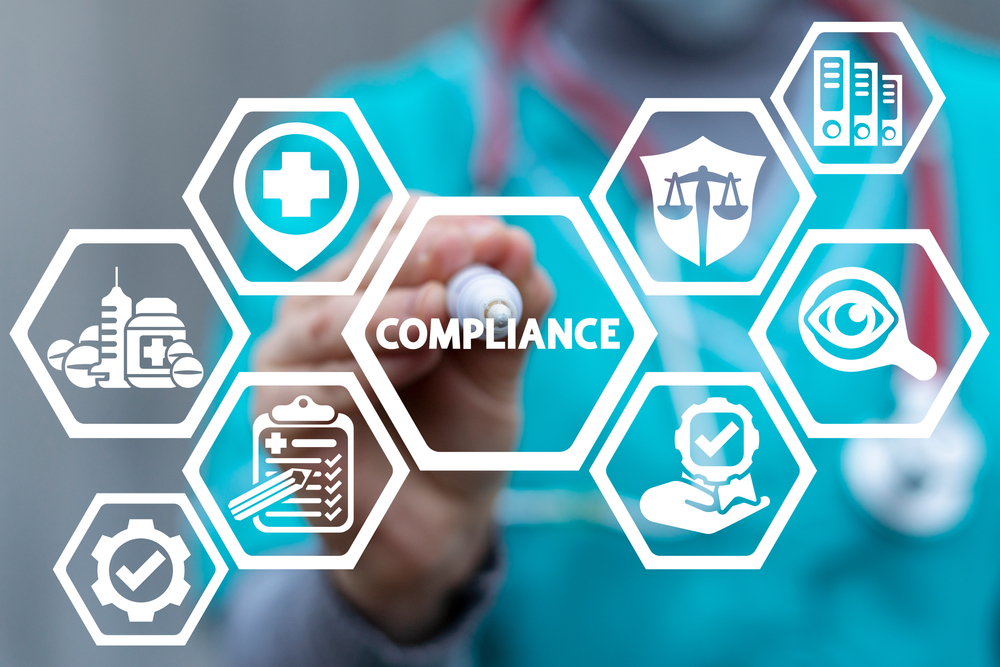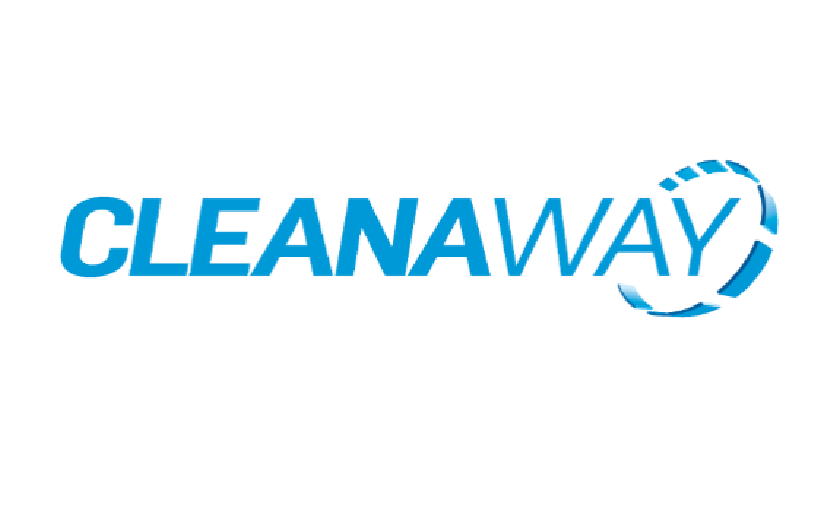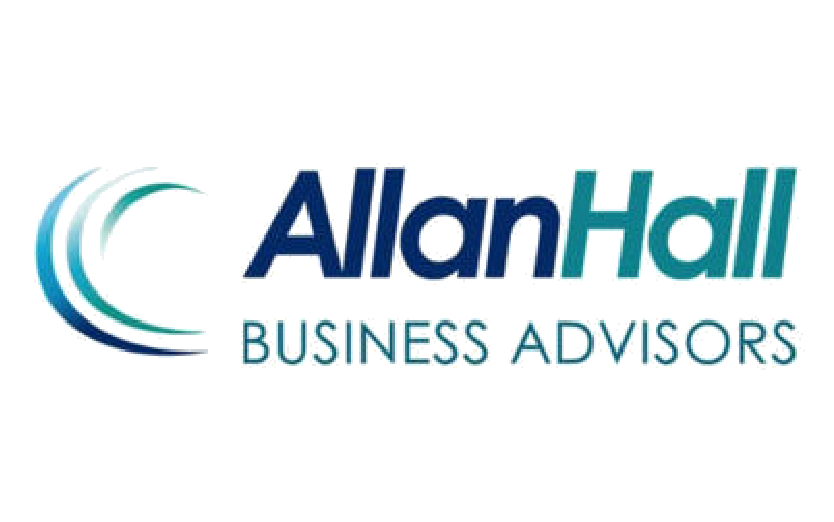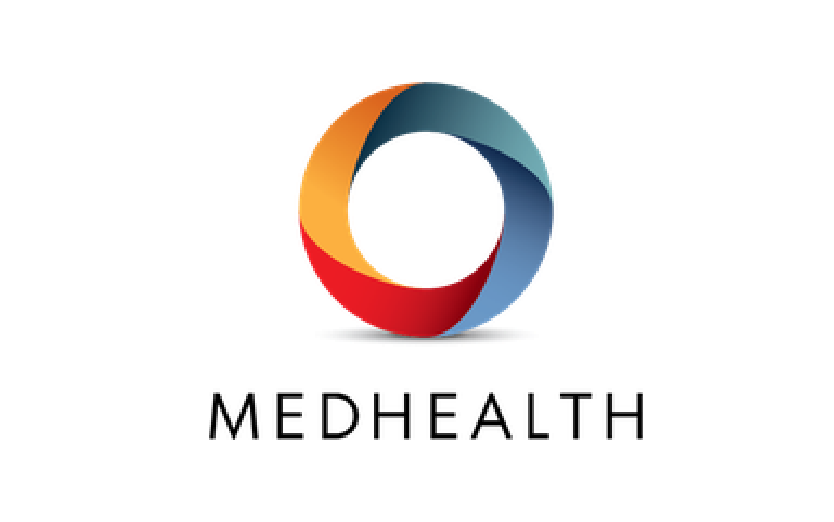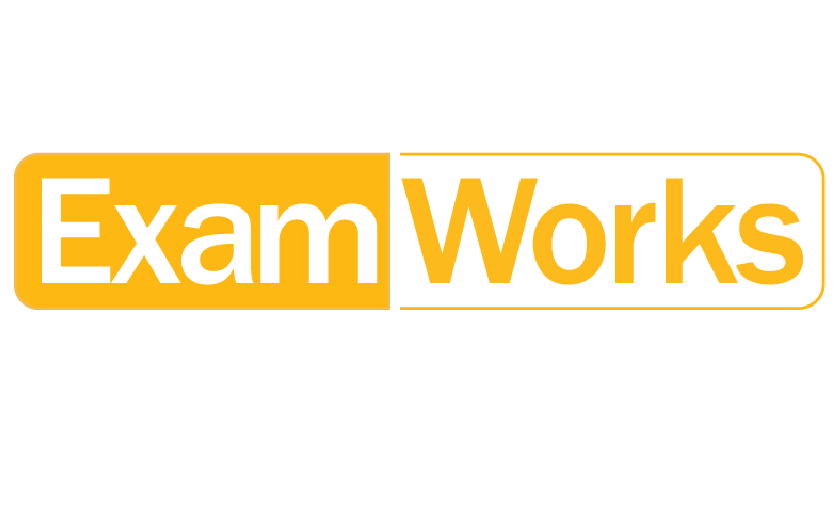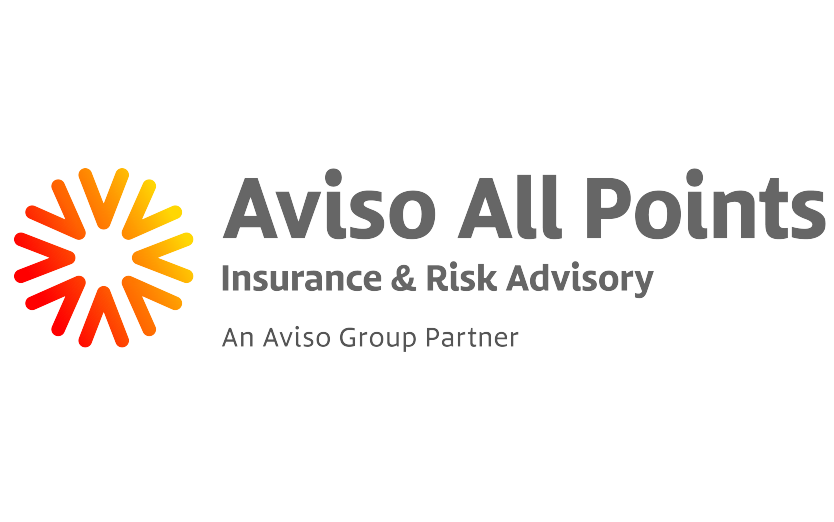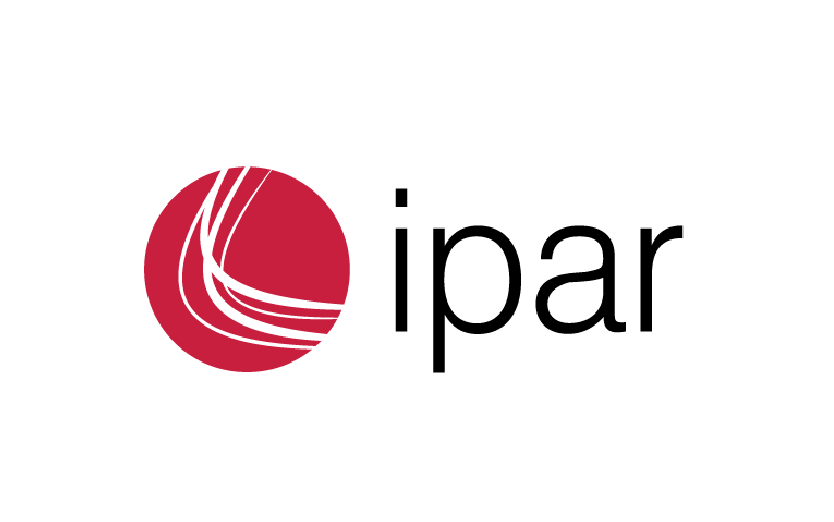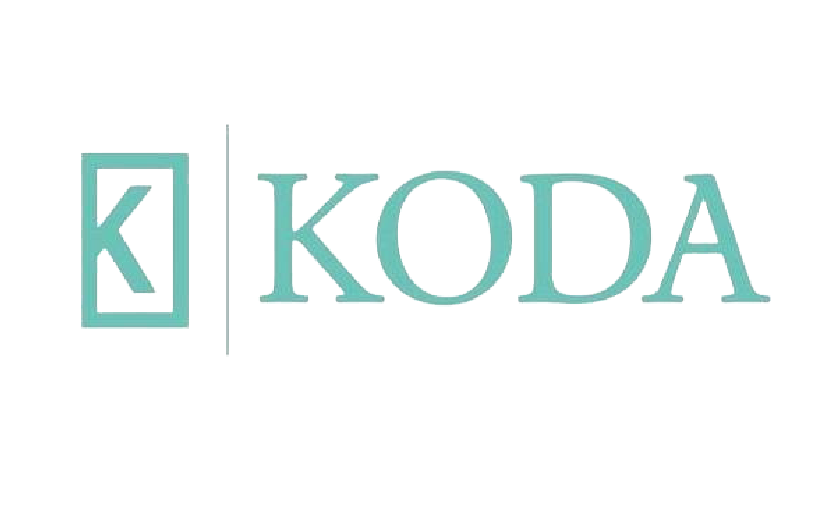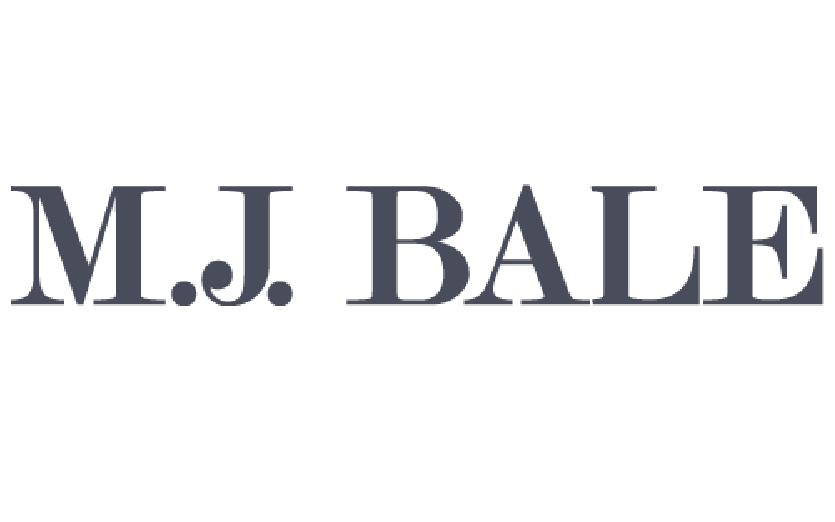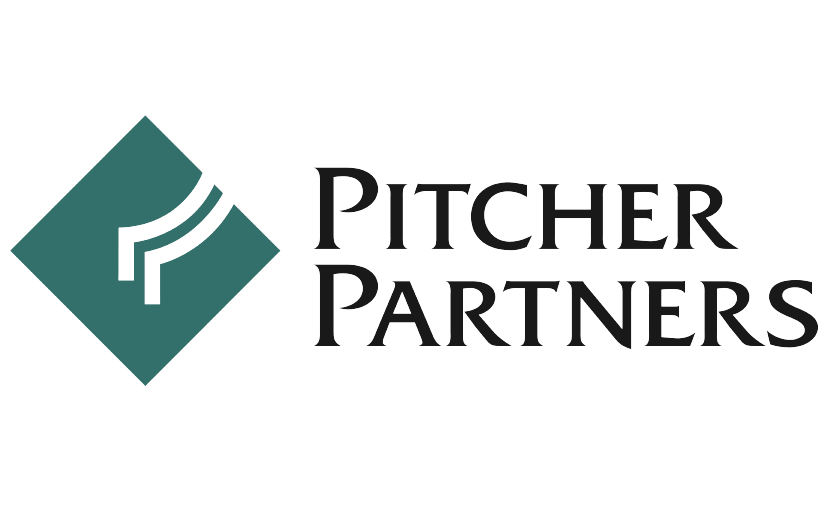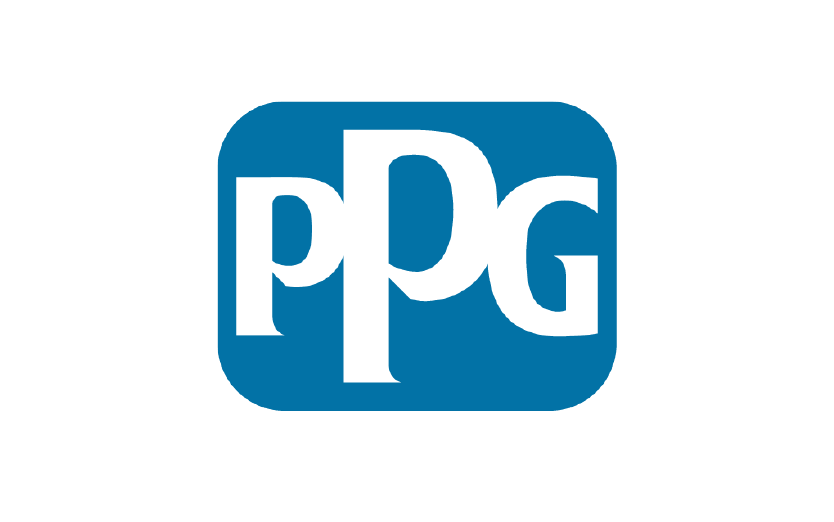The Importance of Compliance and Security in Outsourcing Healthcare

In our previous blogs, we discussed the benefits of healthcare outsourcing services and the top outsourced jobs in the medical and healthcare sectors. Now, we turn our focus on why ensuring compliance and security is a necessary component in providing overall optimum patient care.
Healthcare compliance refers to the process of fulfilling security and safety requirements and implementing industry-standard regulations relevant to medical institutions and healthcare providers. This also includes the strict adherence to federal, state, national, and/or international laws as mandated for these organisations.
Maintaining healthcare compliance and understanding its consequences ensure that the patient receives high quality care, whether for medical or non-medical services. Compliance to professional and ethical standards also protects hospitals, medical practitioners, and healthcare providers — including their outsourced services and offshore staff — from legal entanglements. If they violate healthcare laws and regulations, they could be subject to paying costly fines, lawsuits, suspension or revoking of their license to practise.
These are among the types of compliance that healthcare institutions and their outsourced partners should conform to.
1. Privacy Act 1988
If HIPAA compliance is to the US, the Privacy Act 1988 is its Australian version. This was established to provide additional protection protocols for sensitive personal data, such as patient health information. This covers both cloud-stored information and printed documents associated with the patient’s private information.
Compliance is mandated for all major and minor health services to ensure patient confidentiality. And as a legislative act, the regulations must be enforced or face the penalty of heavy fines that could cost millions.
Outsourcing companies that cater to healthcare institutions are also covered by the Privacy Act, especially since they deal directly with health information collection and management. It is imperative that these outsourcing partnerships should fully understand and comply with the rules and stipulations of the Privacy Act to avoid costly and reputation-damaging results for all stakeholders concerned.
2. ISO 27001
For companies to comply with this international standard, they must establish an Information Security Management System (ISMS) to maintain the highest levels of data security. Their systems must be able to withstand and prevent cybercrime threats such as viral attacks and personal data infractions, theft and misuse of said data, fire, vandalism, and other forms of damage.
Healthcare organisations and outsourced staff with ISO 27001 certification means they are fully trained in the proper procedures to record and manage highly sensitive information assets.
3. ISO 27701
This compliance requirement refers specifically to private information management. Healthcare and medical establishments collect patient data, including sensitive information such as the full name, birthday, address, contact numbers, and credit card details of the patient.
The recorded personal information must be covered by the company’s privacy protection processes and procedures. Having this certification is a safeguard on who is authorised to access and use this data to protect the patient’s privacy.
4. PCI DSS Compliance
The Payment Card Industry (PCI) Data Security Standards (DSS) is managed by the PCI Security Standard Council. They establish global regulations and requirements to ensure the safety and security of credit card information and payment transactions.
To be PCI DSS compliant, healthcare and medical companies should employ strict security policies and maintain solid security network systems to store, monitor, and secure the credit cardholder’s data. This includes setting up protocols to limit, validate, and authorise access to this confidential information.
The industry leader of outsourcing companies in Australia
In the healthcare industry, compliance with any of these global security standards is of the utmost importance, not only for their reputation but also for their bottom line. It helps earn the patient’s trust so they will continue to avail of the organisation’s services for their medical and non-medical needs. As more companies resort to outsourcing to support patient care, an established offshore provider with compliance certification is recommended to ensure high quality service and security.
ASW is a premium offshore services provider that is also one of the first Australian companies to receive an ISO 27001 compliance certification. As we build your offshore global team, we also provide privacy and data security training for the staff and strictly maintain information security policies as ingrained in our company culture.
Your company will have the support of a dedicated remote staff that’s fully integrated to your organisation’s operations, so that your onshore medical staff can focus on taking care of their patient’s health. Read more about our offshore healthcare services here. For more details, contact us to book a free consultation.

